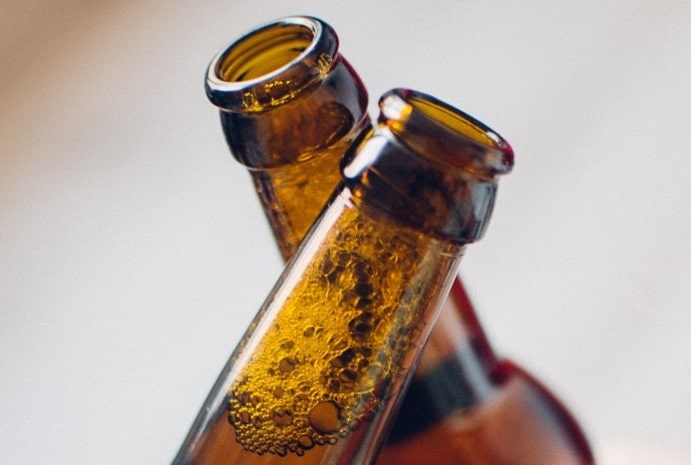In a recent study, researchers determine whether alcohol is associated with weight loss among individuals with type 2 diabetes who are overweight or obese.
Individuals with diabetes who struggle with weight are careful to watch what they eat. But what about drinks? Does alcohol consumption slow diabetes weight loss?
Approximately 422 million people worldwide have diabetes, a disease that occurs when the body does not produce enough insulin or has trouble using insulin correctly. Insulin is a hormone that controls the amount of sugar in the bloodstream, which the cells use as energy. There are several types of diabetes, but type 2 diabetes is the most common. Individuals are more likely to get type 2 diabetes if they are over 45, have a family history of the disease, are overweight, and live sedentary lifestyles.
Because weight plays a critical role in managing diabetes, researchers wanted to know whether alcohol consumption affects weight loss in people with diabetes. Researchers from the University of Pennsylvania School of Nursing conducted a study, published in the journal Obesity, comparing alcohol intake and weight loss in adults with type 2 diabetes.
The study used data from the Action for Health in Diabetes (Look AHEAD) study, and included data from 4901 people with type 2 diabetes, 45 to 76 years old, over a period of four years. For the Look AHEAD study, the participants were randomly divided into two groups: an intensive lifestyle intervention group and diabetes support and education group.
The lifestyle intervention group were given daily calorie and exercise goals, individual and group lessons about diet and exercise, and were advised to decrease their alcohol consumption to lower risk of weight gain. The diabetes education group were invited to three group meetings per year focused on diet, exercise, and diabetes support. The groups completed questionnaires at the beginning of the study, one year into the study, and at the end of the study. The questionnaires covered the amount of alcohol they drank, the food they ate, their physical activity, and their quality of life.
After one year, researchers found no relationship between losing weight and the amount of alcohol the participants drank in either group. However, after four years in the lifestyle intervention group, non-drinkers lost significantly more weight than people who drank heavily (more than 14 drinks per week). In fact, in the long term, people that did not drink at all lost more than one and a half times the weight of those who did drink. In the diabetes education group, there was no connection between weight loss and alcohol consumption.
There were a few study limitations. There were circumstances that may have prevented participants from alcohol use, such as poor health or drinking history. Also, the data was self-reported, which could lead to possible underestimating the number of calories eaten or overestimating the amount of exercise.
Lead investigator Ariana Chao, PhD, stated in a press release, “This study indicates that while alcohol consumption is not associated with short‐term weight loss during a lifestyle intervention, it is associated with worse long‐term weight loss in participants with overweight or obesity and type 2 diabetes. Patients with type 2 diabetes who are trying to lose weight should be encouraged to limit alcohol consumption.”
For future research, the authors indicate that randomized controlled trials are necessary to determine whether eliminating alcohol consumption improves weight loss and other heart-related outcomes during interventions.
Written by Rebecca K. Blankenship, B.Sc.
References:
- Diabetes. Who.int. https://www.who.int/news-room/fact-sheets/detail/diabetes. Published 2018. Accessed December 15, 2018.
- Centers for Disease Control and Prevention. National Diabetes Statistics Report, 2017. Atlanta, GA: Centers for Disease Control and Prevention, US Department of Health and Human Services; 2017.
- Chao A, Wadden T, Tronieri J, Berkowitz R. Alcohol Intake and Weight Loss During Intensive Lifestyle Intervention for Adults with Overweight or Obesity and Diabetes. Obesity. 2018. doi:10.1002/oby.22316



